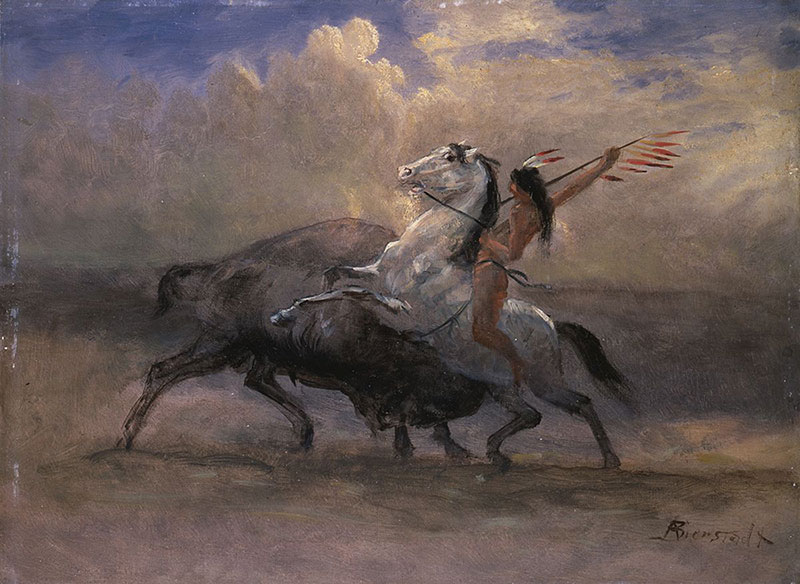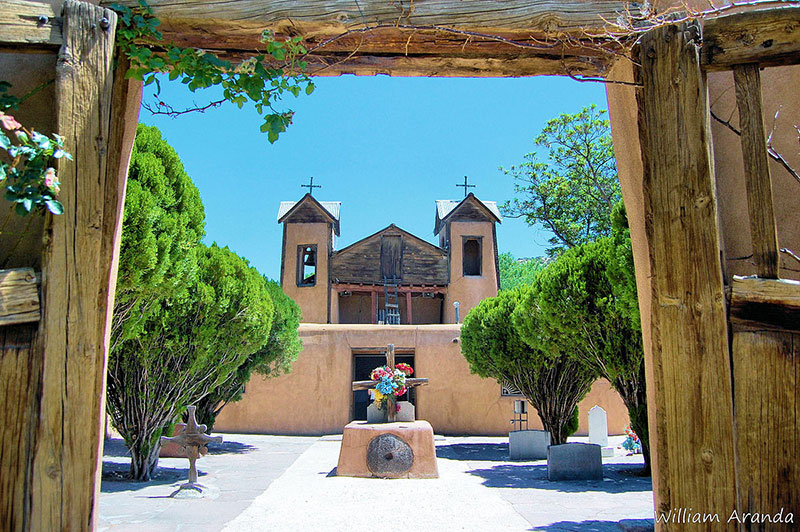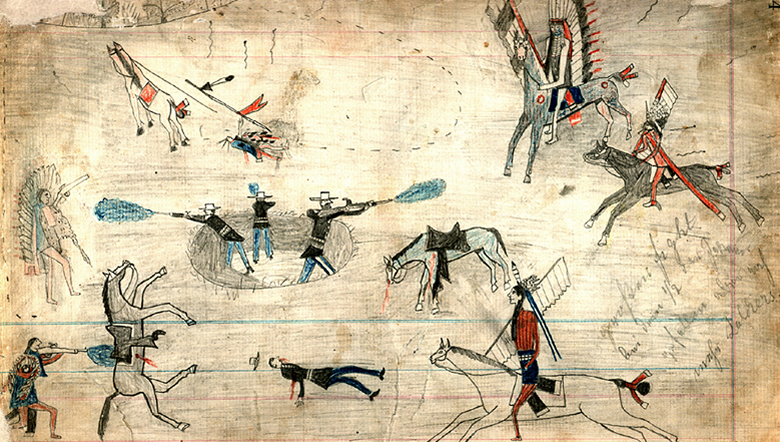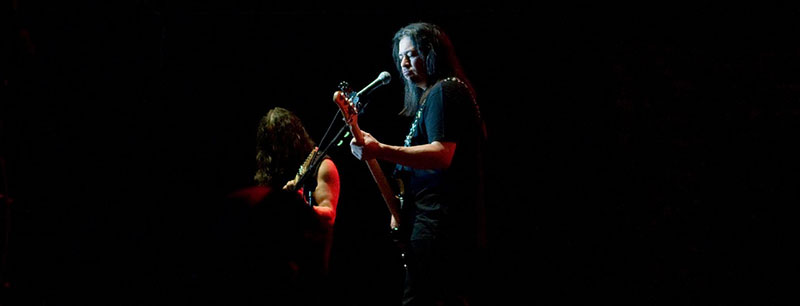Reconstructing Kiowa Cosmology: 7 Questions for Benjamin R. Kracht

Benjamin R. Kracht During the summer of 1935, field party director Alexander Lesser and five graduate students—Jane Richardson (Hanks), William Bascom, Bernard Mishkin, Donald Collier, and Weston LaBarre—interviewed approximately thirty-five Kiowas born in the mid-nineteenth century about indigenous Kiowa culture.
Investigating Moderate Islam: 7 Questions for Rosemary Corbett

Rosemary Corbett In other words, violence and coercion aren’t just what supporters of moderate religion seek to combat, they’re also what supporters (particularly state actors) of so-called moderate religion use as a means to achieve certain ends.
What Mary Shelley’s Frankenstein Teaches Us About the Need for Mothers

Richard Gunderman The circumstances of the creature’s birth may be monstrous, but it is not yet a monstrosity. Only by depriving it of any semblance of love does Victor create a true monster.
Discovering Holy Dirt: 7 Questions for Brett Hendrickson

Brett Hendrickson The sacred kind of piles up at the Santuario.
Colonial Violence, Sacred Power, and Gods of Indian Country: 7 Questions for Jennifer Graber

Jennifer Graber A crucial part of the Kiowa survival story is that they survived American occupation and ritual interactions with sacred power–as well as adaptation of those rituals.
The Fantasy of Analytics: Religion, Fantasy Sports, and the NFL Draft

L. Benjamin Rolsky In this sense, it may behoove us as scholars of American popular culture and religion to begin considering sport fandom more from a Catholic model of religious studies rather than the more common Protestant model that has overdetermined much of the study of religion since its inception according to the motif of “choice.”
Sifting Through Hip Hop, Literature and Religion: 7 Questions for Alejandro Nava

Alejandro Nava Besides resurrecting ancient poetic traditions of the bard or griot, and adopting the creative vernacular of black folklore, radio DJs, church preachers, street corner poets, and Jamaican artists, hip hop strikes a more ominous and apocalyptic tone.
Tortured for Christ in Trump’s America

Jason Bruner Wurmbrand’s fierce apologetics in Tortured for Christ against communism, which he called “a spiritual force—a force of evil,” weren’t countered with a full-throated endorsement of democracy.
Civil Religion and Foreign Policy: 7 Questions for Walter McDougall

Walter A. McDougall At length I gained insight, not because I somehow “figured it out,” but because the historical truth imposed itself on me.
Operation Mindcrimes: Heavy Metal Prophecy or Sign of the Times?

David Feltmate We should not be looking at this moment as somehow unique. In fact, it contains far too many similarities with past eras.
